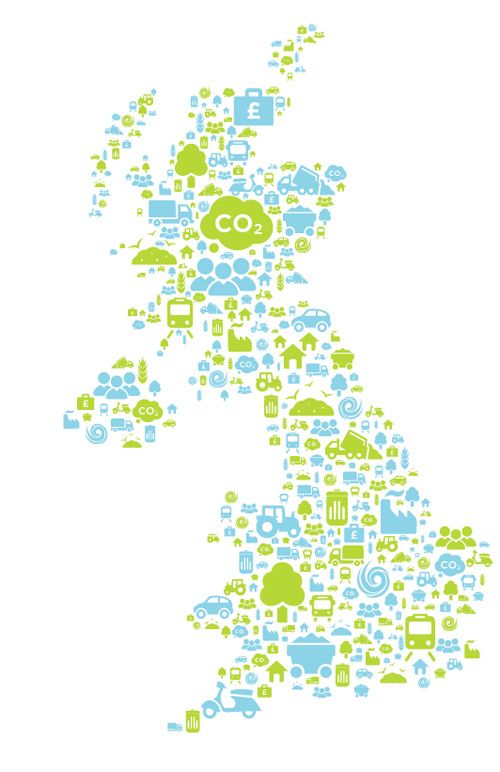

The Government’s Committee on Climate Change (CCC) is calling for early action in this Parliament to boost energy efficiency policies and keep the UK’s carbon emissions reductions on track.
In its first report to the current Government, the CCC claims that “without significant new policies, progress will fall behind what is required to meet legal obligations through the 2020s”. This is due to the fact that, according to the new report, virtually all policies or funding in these areas are due to expire during this Parliament. This includes the end of programmes and incentives to reduce energy bills through more efficient buildings.
Overall, the CCC says the policy landscape is “complex and in places inconsistent”, and that some of these are at risk of failing to deliver, either due to design and delivery problems, or because they are currently unfunded. Even if these policies delivered in full, there would be a policy gap to achievement of the UK carbon budget between 2023-27 and the cost-effective path to the 2050 target.
The report states that the uncertainty caused by the lack of energy-saving policy could prevent investment in low-carbon technologies and their supply chains, which often have long lead-times and payback periods. In many cases, these solutions are also not yet economic without Government intervention.
The CCC has therefore recommended that that the Government develops plans and policies that deliver low-carbon heat and energy efficiency. It makes specific reference to the Energy Company Obligation (ECO), which is due to end in March 2017, and calls for a future to be set out for the scheme to ensure that it continues to deliver energy efficiency while also meeting fuel poverty targets.
The report also recommends the zero carbon homes standard be implemented without further weakening, likely referring to the recent decision to allow house-builders to offset carbon emissions from the building instead of installing measures on-site – known as ‘Allowable Solutions’. It also calls for the Government to work with industry to develop a plan setting out specific actions and clear milestones to move reduction efforts forward.
Lord Deben, chairman of the CCC, said: “This Government has a unique opportunity to shape climate policy through the 2020s. It must act now to set out how it plans to keep the UK on track. Acting early will help to reduce costs to households, business and the Exchequer. It will improve people’s health and wellbeing and create opportunities for business in manufacturing and in the service sector.”
Commenting on the report, Julie Hirigoyen, chief executive of the UK Green Building Council, said: “The [Climate Change] Committee has issued a clear warning – progress on improving our buildings is currently falling short. The Government must follow its advice and agree an action plan for energy efficiency which results in homes that are cheaper to heat and that are shielded from the worst effects of climate change.”
The Government is required to respond to the CCC’s report by October 15, 2015, as well as develop plans to make up for the shortfall between current projected emissions and the legislated fourth carbon budget (2023-27).
To read an Executive Summary of the Committee on Climate Change’s report, click here.



